Things Get Much Worse For Secret Service Director
Secret Service Director Kimberly Cheatle faced bipartisan calls to resign following the security lapse that resulted in the injury of Republican presidential candidate Donald Trump during an assassination attempt. The incident, which occurred at a campaign rally in Butler, Pennsylvania, left one attendee dead and raised significant concerns about the Secret Service’s preparedness.
Chairman James Comer of the U.S. House Oversight Committee, a Republican, expressed disappointment over Cheatle’s handling of the situation. “This committee rarely finds consensus, but today we stand united in our lack of confidence,” Comer remarked during a contentious hearing where Cheatle defended her leadership amidst intense scrutiny.
Democrats, including Representative Jamie Raskin, echoed the sentiment, emphasizing that Cheatle had lost Congress’s trust during a critical moment in national security. The shooting, described by Cheatle as the agency’s most significant failure in decades, drew comparisons to the 1981 attempt on President Ronald Reagan’s life.
Despite bipartisan pressure to step down, Cheatle staunchly defended her position, asserting, “I believe I am the most qualified to lead the Secret Service at this juncture.” Her refusal to resign exacerbated tensions within the committee, which demanded transparency regarding the security breach and the subsequent handling of the investigation.
Republican lawmakers accused Cheatle of withholding critical details, including the security protocols in place at the rally and the background of the assailant, Thomas Crooks, whose motive remains unclear. They criticized the Secret Service for allegedly neglecting Trump’s security needs despite earlier warnings.
In response, Cheatle highlighted the agency’s proactive measures leading up to the incident, emphasizing that security for Trump had been significantly bolstered as threats escalated. However, she faced sharp rebuke for evading specific questions about security perimeters and intelligence failures during the rally.
The hearing underscored deep-seated frustrations among lawmakers from both parties, who rejected Cheatle’s proposed timeline for an internal investigation. Democratic Representative Alexandria Ocasio-Cortez condemned the delay, citing the heightened threat environment across the United States.
As the controversy unfolded, House Speaker Mike Johnson announced a bipartisan task force to oversee ongoing investigations into the assassination attempt, signaling a broader congressional effort to address security concerns and hold the Secret Service accountable.
The fallout from Cheatle’s testimony is expected to influence future congressional hearings, including FBI Director Christopher Wray’s upcoming appearance before the House Judiciary Committee. The incident has reignited debates over presidential security and the effectiveness of federal law enforcement agencies in safeguarding public officials.
Moving forward, Cheatle’s leadership remains under intense scrutiny as lawmakers demand swift action to prevent similar security breaches in the future. The outcome of these investigations could have far-reaching implications for national security policy and the Secret Service’s operational protocols.

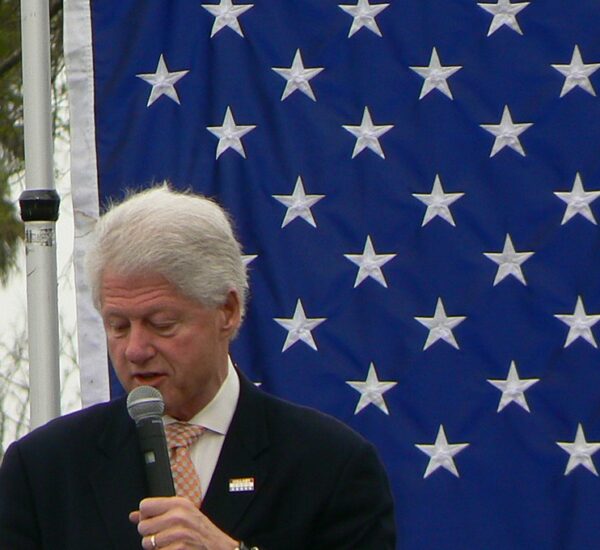
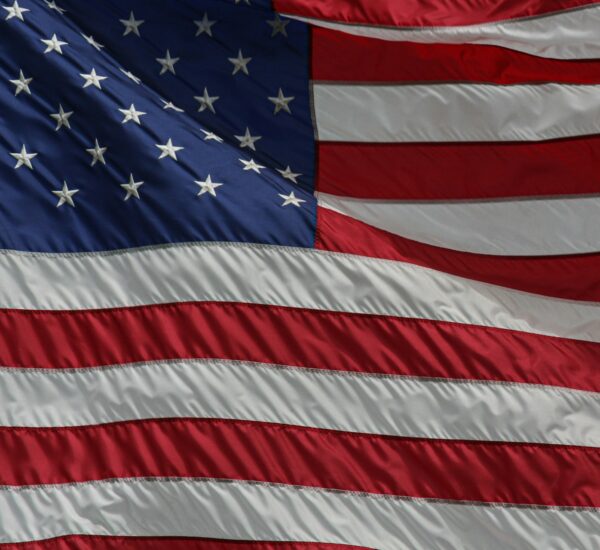
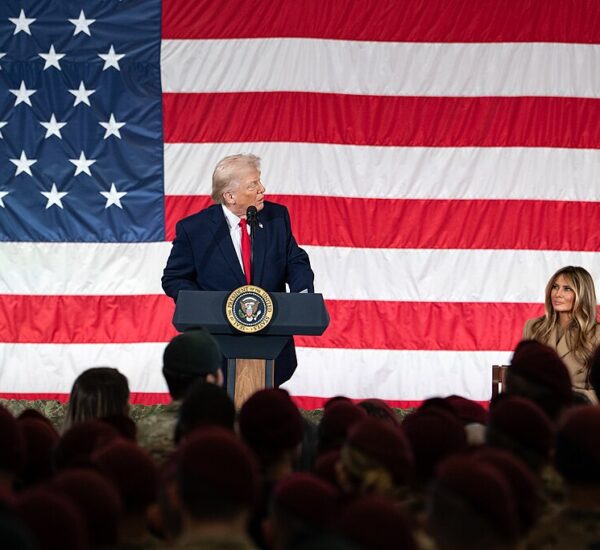
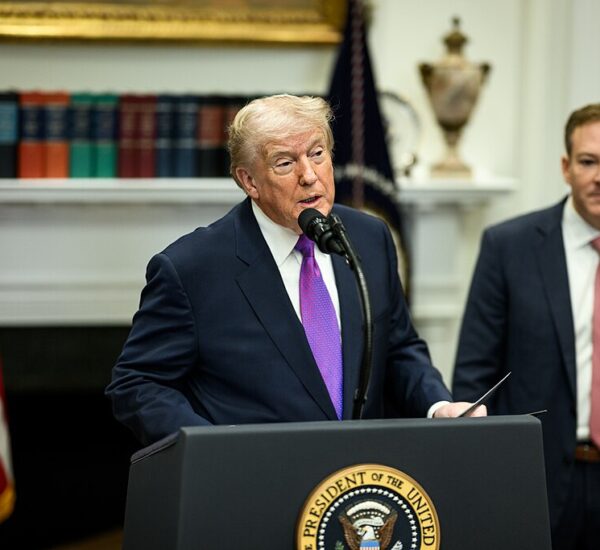

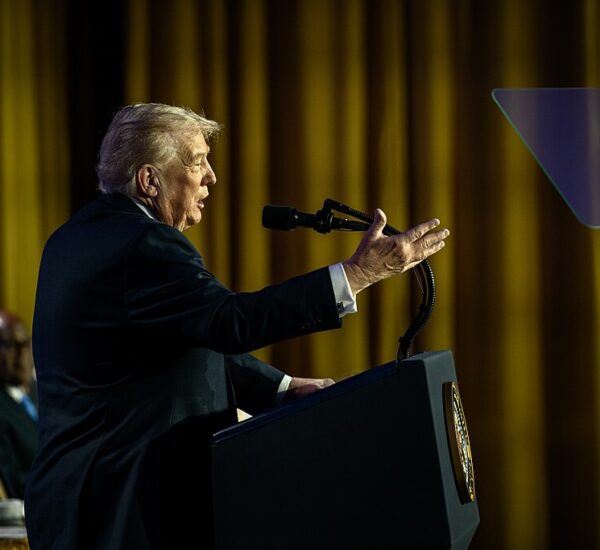
That’s what you get when you hire DEI people instead of a qualified person.
Amen to that but look at what’s instore for us now the democratic take down or coop of Joe Biden.
We’re deep waters here.
Just as Biden left the losing border policies to Kamala to deal with, now he is giving her the chance to run for President because he (Biden) is losing that war too. Biden does not want to leave D.C. as the loser of the Presidential Election as an incumbent, so he is running away from the election and dropping it in her lap. He wants to pretend that if he ran, he would have beat Trump. As the liar he is, he is also a prick to leave the loss to the VP he did not select nor want around him.